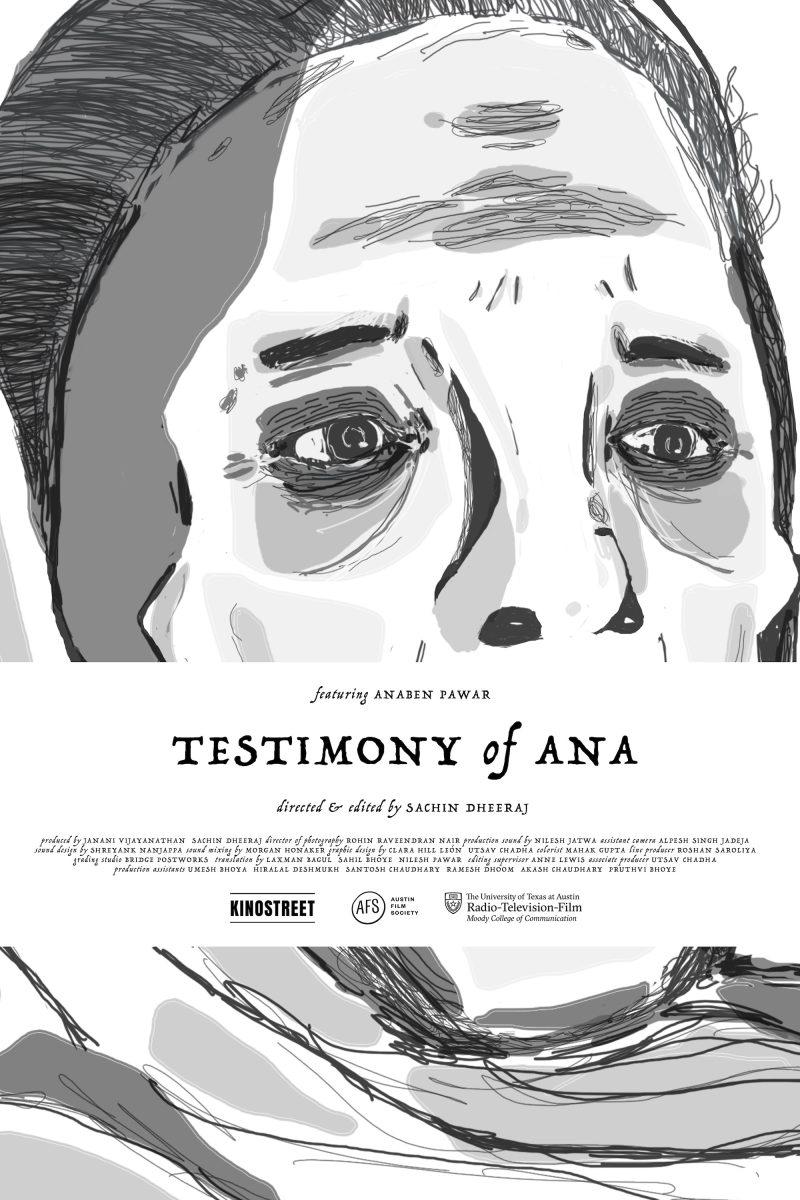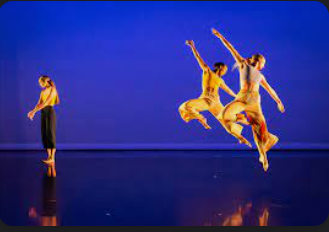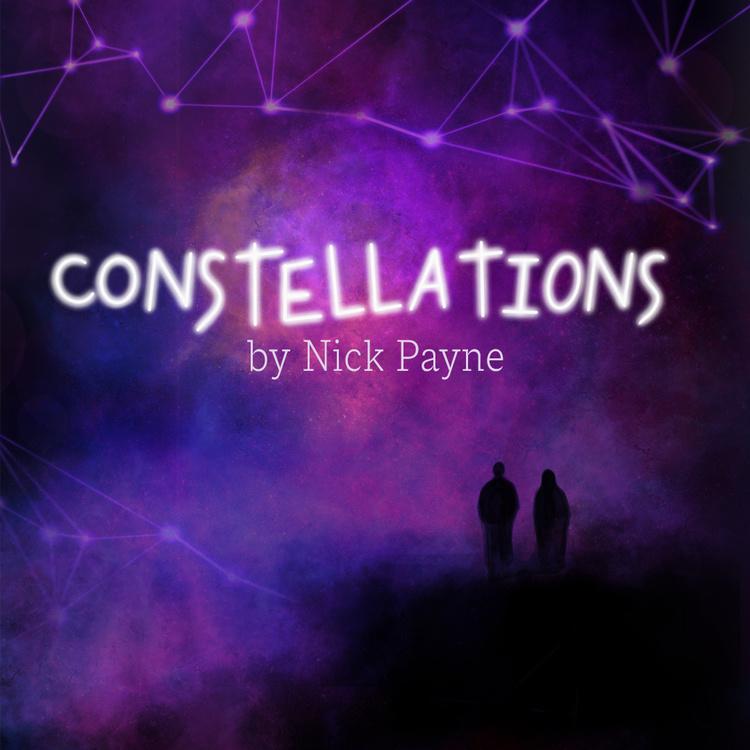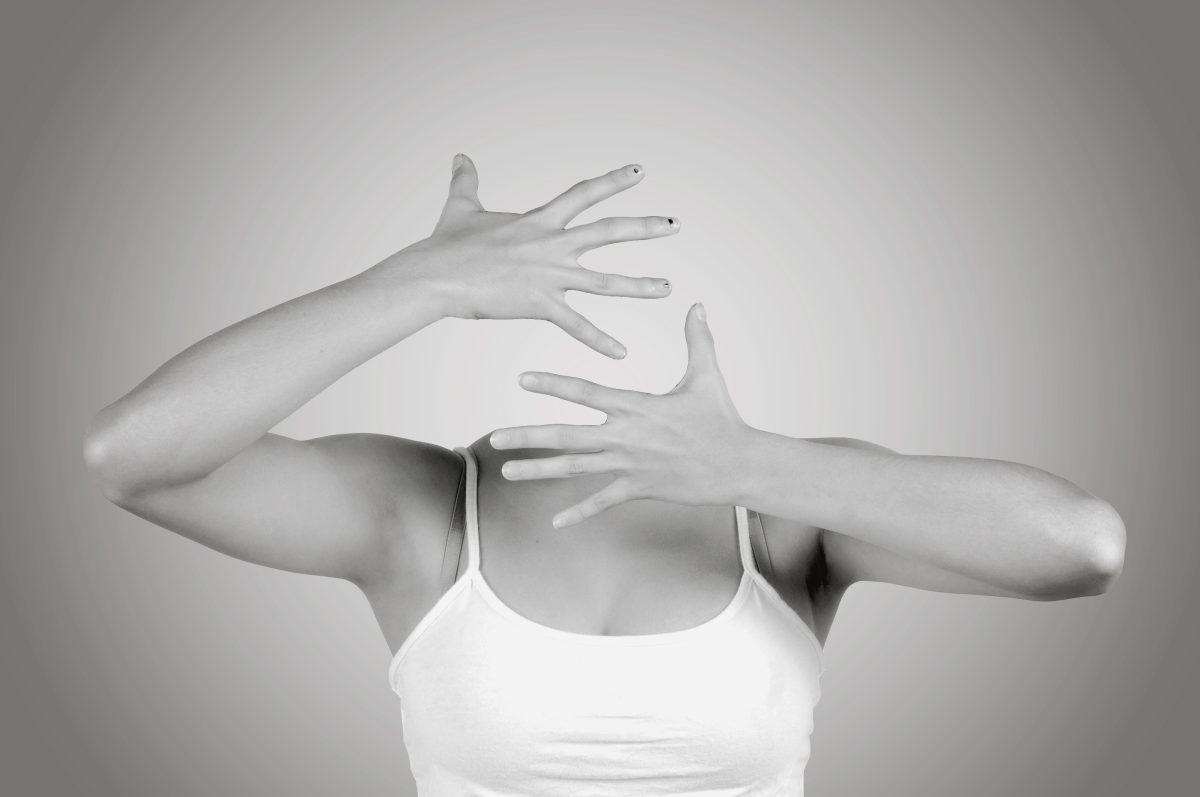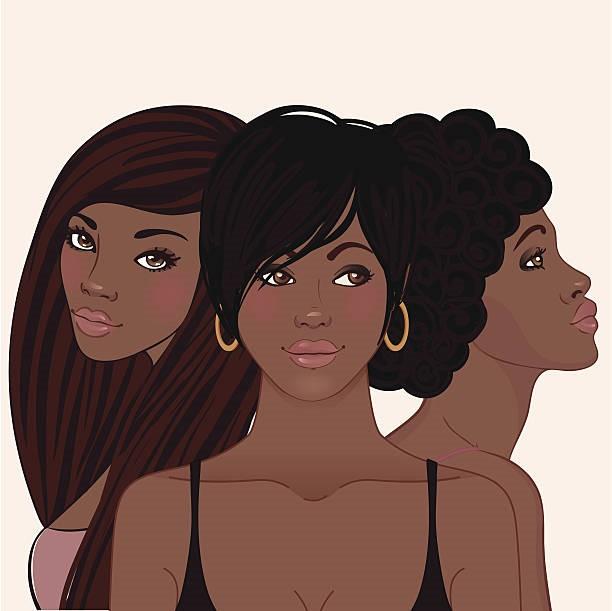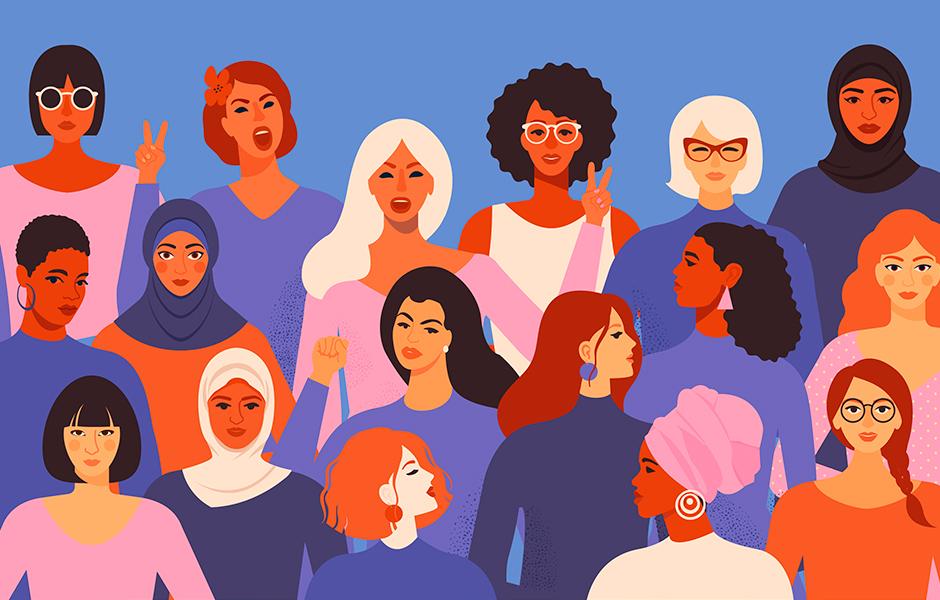
The Past
In the past, African styles were based heavily on the tribe a person descended from. Many styles stood for societal distinctions that symbolized marital status, age, religion, wealth, ethnic identity and community ranking. In some tribes, the length of hair was related to carnal integrity and it was assumed that longer hair meant loose sexual morals. In other tribes, long hair could be related to insanity. However, it was widely suggested that any hair must maintain upkeep despite its length.
The rise of slavery had an enormous effect on African hair— specifically the West African Tribes who were the most affected by institutionalized slavery. Slaves were forced to cut their hair and were stripped of any accessories that held cultural significance. Any distinction between the African tribes no longer existed.
After losing these items, they had to adopt a new way to care for their hair. Slaves often used household items such as bacon fat, kerosene and butter to help maintain their hair. Nonetheless, African women continued in efforts to protect their hair by braiding it back into cornrows or protective styles. In doing so, their hair remained protected from the harsh rays of the sun while they endlessly worked in the field.
“Good Hair” vs. “Bad Hair”
It did not take long for society to decide that straight hair was socially acceptable compared to that of African women. Over the years, black women would go from loving their natural hair to trying to figure out how to achieve the silk-like strands of others—thus the wider usage of the hot comb in the 1920s. The tool made it possible for black women to achieve a straight look, but it was not an easy process.
A search began for an easier way for women to replicate the straight style without the use of a hot comb. Black women began using harsh chemicals like relaxers to achieve permanently straight hair and while there were still some who wanted to keep their curls, the idea did not last long.
The Return Back Home
Today, women of color have the ability to experiment with braids, sew-ins, wigs, relaxers, locs, dreads and everything in between. Black hair is versatile and women are able to express personalities in whichever way they feel.
The evolution of black hair does not only result in healthy hair, but also helped change the way society viewed hair. By reverting to African roots, not only is it an honor to ancestors, but it reclaims the beauty that black women possess.






